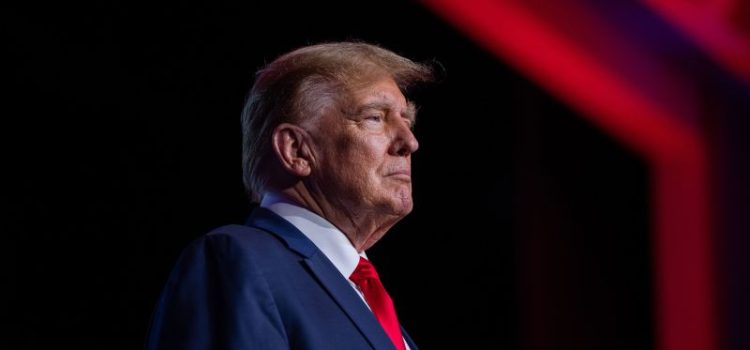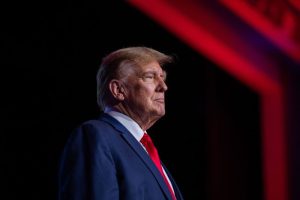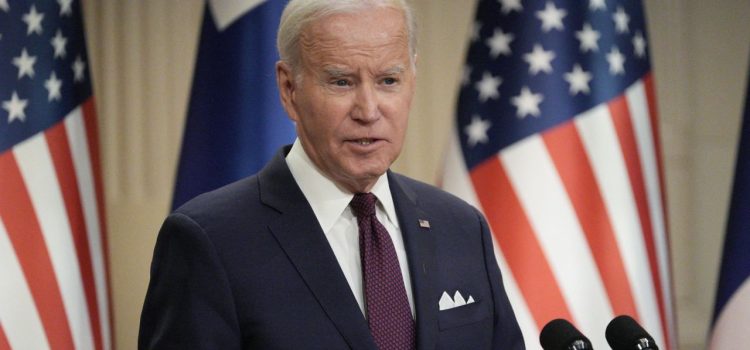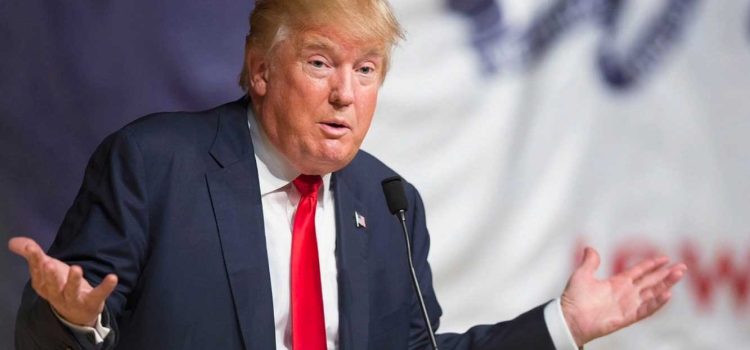
In recent geopolitical discourse, President Xi Jinping’s assertion regarding the United States’ purported desire for China to attack Taiwan has stirred considerable debate and speculation. This claim, made within the context of escalating tensions between Beijing and Taipei, underscores the intricate web of diplomatic intricacies and power dynamics in the Asia-Pacific region. This article aims to dissect Xi Jinping’s statement, analyze its implications, and provide a comprehensive overview of the situation through the lens of political, economic, and strategic considerations.
The Context of Xi Jinping’s Assertion

Xi Jinping’s declaration comes at a time of heightened sensitivity surrounding the Taiwan issue. The island nation, officially known as the Republic of China, has long been a contentious subject in Sino-American relations. The U.S. has historically maintained a policy of strategic ambiguity concerning Taiwan’s sovereignty, neither explicitly recognizing it as an independent state nor fully adhering to the “One China” principle advocated by Beijing.
Analyzing Xi Jinping’s Allegations
Xi Jinping’s assertion that the United States harbors ulterior motives regarding Taiwan demands a nuanced examination. From Beijing’s perspective, Washington’s increasing engagement with Taipei, including arms sales and diplomatic overtures, could be interpreted as provocative actions aimed at destabilizing the delicate cross-strait equilibrium. Furthermore, China perceives Taiwan as an integral part of its territory, and any attempts to bolster the island’s autonomy are viewed as direct challenges to its sovereignty and territorial integrity.
Implications for Sino-American Relations
Xi Jinping’s claim injects a new layer of complexity into the already strained relationship between China and the United States. Tensions between the two global powers have been escalating on multiple fronts, including trade, technology, and human rights. The Taiwan issue serves as yet another flashpoint, exacerbating mistrust and exacerbating the risk of miscalculation or conflict.
Economic Considerations
Economic interdependence adds another dimension to the Taiwan issue. Both China and the United States are economically intertwined, with significant trade and investment flows between the two countries. Any escalation of tensions over Taiwan could have far-reaching consequences for global markets, disrupting supply chains and investor confidence.
Strategic Implications
From a strategic standpoint, Taiwan holds immense significance for both China and the United States. For China, reunification with Taiwan is seen as a core national interest and a key component of its rejuvenation as a great power. Conversely, the United States views Taiwan as a crucial ally in the Asia-Pacific region and a bulwark against Chinese expansionism. Any military conflict over Taiwan would have profound strategic implications, potentially drawing other regional actors into the fray and destabilizing the entire Asia-Pacific region.
Analysis Table
| Factors | China’s Perspective | US Perspective |
|---|---|---|
| Taiwan’s Autonomy | Views any attempts to bolster Taiwan’s autonomy as a challenge to its sovereignty. | Supports Taiwan’s autonomy as a bulwark against Chinese expansionism. |
| Economic Interdependence | Fear of economic repercussions from escalating tensions over Taiwan. | Concerns about disrupting supply chains and investor confidence. |
| Strategic Significance | Sees Taiwan as a core national interest and a key component of its rejuvenation. | Considers Taiwan a crucial ally in the Asia-Pacific region. |
Comparative Table
| Aspect | China’s View | US View |
|---|---|---|
| Sovereignty | Asserts Taiwan as an integral part of its territory. | Supports Taiwan’s autonomy and self-governance. |
| Military Relations | Opposes US arms sales and military cooperation with Taiwan. | Commits to defending Taiwan against Chinese aggression. |
| Diplomatic Engagement | Condemns US diplomatic overtures towards Taiwan. | Advocates for increased diplomatic engagement with Taiwan. |
Regional Dynamics and Power Play
Beyond the bilateral dynamics between China and the United States, the Taiwan issue reverberates across the broader Asia-Pacific region. Neighboring countries closely monitor developments surrounding Taiwan, mindful of the potential ripple effects of any escalation. For many regional actors, the prospect of conflict over Taiwan represents a destabilizing force with implications for their own security and strategic interests. Consequently, efforts to mitigate tensions and promote peaceful resolution are not only imperative for China and the United States but also for regional stability as a whole.
The Role of International Law and Norms
In navigating the complexities of the Taiwan issue, the principles of international law and norms play a significant role. While China emphasizes its historical claims and adherence to the “One China” principle, the United States underscores the importance of upholding Taiwan’s democratic values and right to self-determination. As such, the Taiwan issue encapsulates broader debates surrounding sovereignty, territorial integrity, and the rights of states. Any resolution to the Taiwan question must navigate these legal and normative frameworks while balancing the interests and concerns of all relevant stakeholders.
Conclusion
Xi Jinping’s assertion regarding the United States’ alleged desire for China to attack Taiwan underscores the complex and delicate nature of Sino-American relations. As tensions continue to simmer, the need for diplomatic dialogue and conflict resolution mechanisms becomes increasingly urgent. The Taiwan issue represents a critical test for both Beijing and Washington, with far-reaching implications for regional stability and global geopolitics.
























